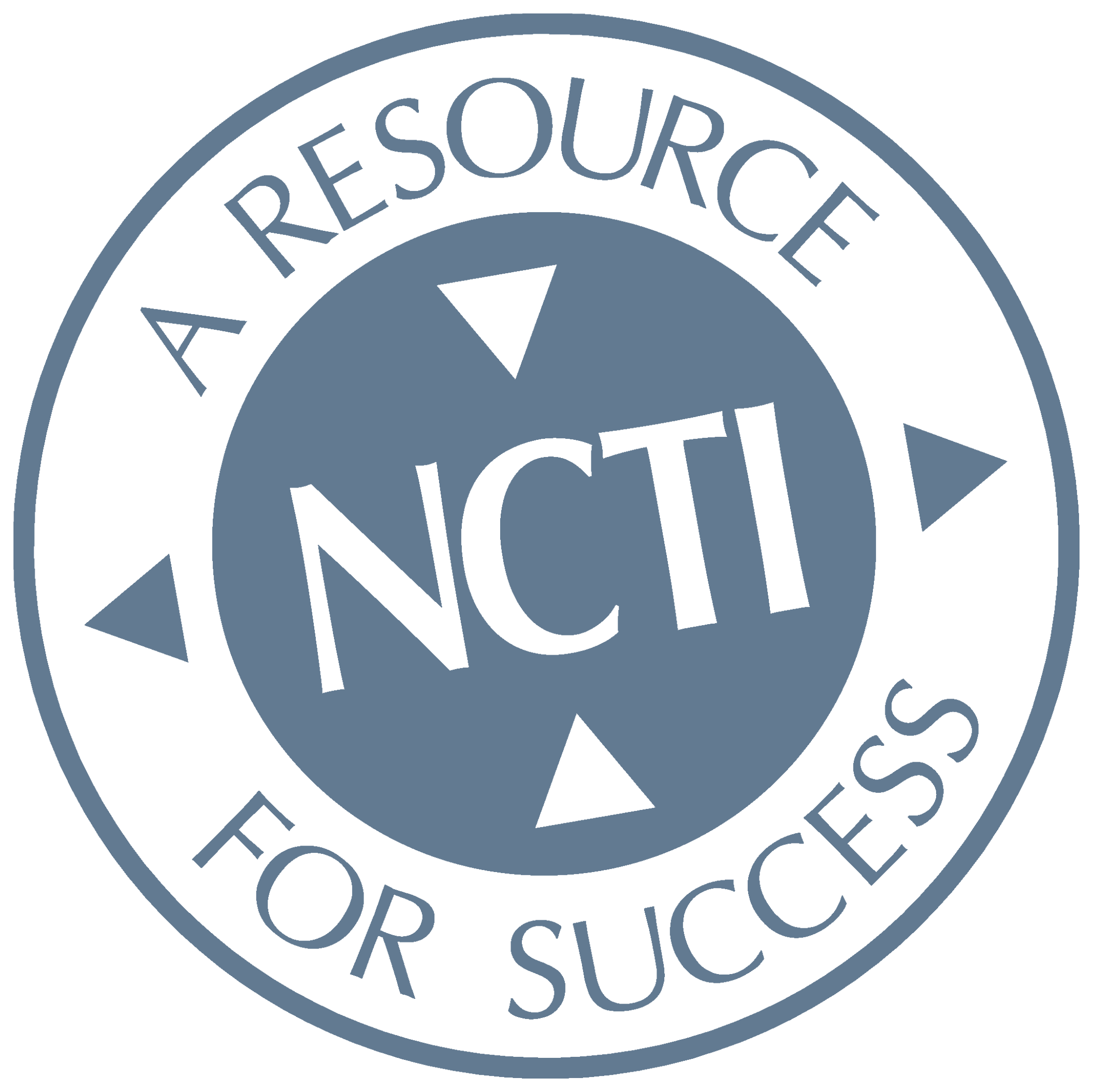
National Institute of Justice’s CrimeSolutions rates NCTI’s Cognitive Life Skills Promising
CrimeSolutions reviews and evaluates programs and practices based on meta-analyses to determine if a program is based on evidence and is determined to change behavior. Their evaluations reveal strong evidence of how certain they are of the outcomes of a program.
CrimeSolutions recently reviewed NCTI’s Cognitive Life Skills, a cognitive–behavioral intervention that seeks to reduce recidivism in offenders leaving secure confinement by addressing antisocial attitudes and decision making. The program is designed for adult medium- and high-risk offenders. The program is rated Promising by NIJ and CrimeSolutions. Treatment group offenders were statistically significantly less likely to recidivate, compared with control group offenders, during parole supervision.
Cognitive Life Skills, along with all of NCTI’s Crossroads curricula, was built with the National Institute of Correction’s eight key principles of effective interventions in mind.
Built On Evidence-Based Principles
NCTI’s Complete Behavior Change System incorporates the National Institute of Correction’s eight key principles of effective interventions.
- Address the Actuarial Risk / Needs of the Offender When available,
NCTI uses Risk/Needs data found to be essential for best practices in
criminal justice. NCTI supports the use of actuarial assessment tools that
focus on both dynamic and static factors, provide a criminogenic need
profile, and have been validated on similar populations. This information allows programs to better address the individual offender. - Enhance Intrinsic Motivation For lasting behavior change to happen, the offender must experience intrinsic motivation. NCTI curricula uses a values-discrepancy model with the assistance of motivational interviewing techniques to enhance the possibility of the intrinsic desire taking place.
- Target Interventions
Risk Principle: NCTI curricula are primarily designed for medium and high-risk offenders.
Need Principle: NCTI curricula target specific interventions toward reducing criminogenic needs of offenders.
Responsivity Principle: NCTI curricula and certified facilitators are sensitive to temperament, learning style, level of motivation, gender, and culture of offenders.
Dosage: NCTI curricula are designed to be delivered in two hour increments and we encourage program designs of two, 2-hour sessions per week.
Treatment Principle: NCTI curricula are written using a cognitive behavioral approach. NCTI believes such treatment is an integral part of the behavior change process. - Use a Cognitive-Behavioral Treatment Model NCTI’s curricula are written based on a cognitive behavioral treatment model as well as a cognitive dissonance model. NCTI uses a number of techniques such as: role-play, personal awareness journaling, skill practice, and behavior modeling. Within a dynamic group setting, offenders begin to make positive behavior changes by learning how to think and act in increasingly positive, pro-social ways.
- Increase Positive Reinforcement A sustained behavior change process increases the amount of positive reinforcements an offender receives. NCTI facilitators are instructed in techniques for encouraging offenders with positive reinforcement while maintaining clear and consistently applied rules.
- Engage On-going Support in Natural Communities Active engagement of offender, pro-social support during the treatment process allows for greater offender success. NCTI curricula encourage and provide opportunities for the offender to practice positive behavior change within their own environment.
- Measure Relevant Processes / Practices NCTI routinely assesses the changes in offenders’ cognitive and pro-social skill development. NCTI’s pre and post tests data for each curriculum is collected and used to ensure facilitator and program fidelity. Our curricula have been used throughout the United States, in programs that have successfully replicated reduced recidivism. NCTI’s facilitator certification training teaches facilitators to deliver a standardized model, regardless of location.
- Provide Measurement Feedback Facilitator & participant evaluations are used to provide feedback to referring agencies. Pre and post tests provide an additional method for obtaining feedback and monitoring ongoing processes. Feedback is provided to offenders, facilitators, and NCTI staff in a variety of ways in order to ensure increased accountability and program integrity.
